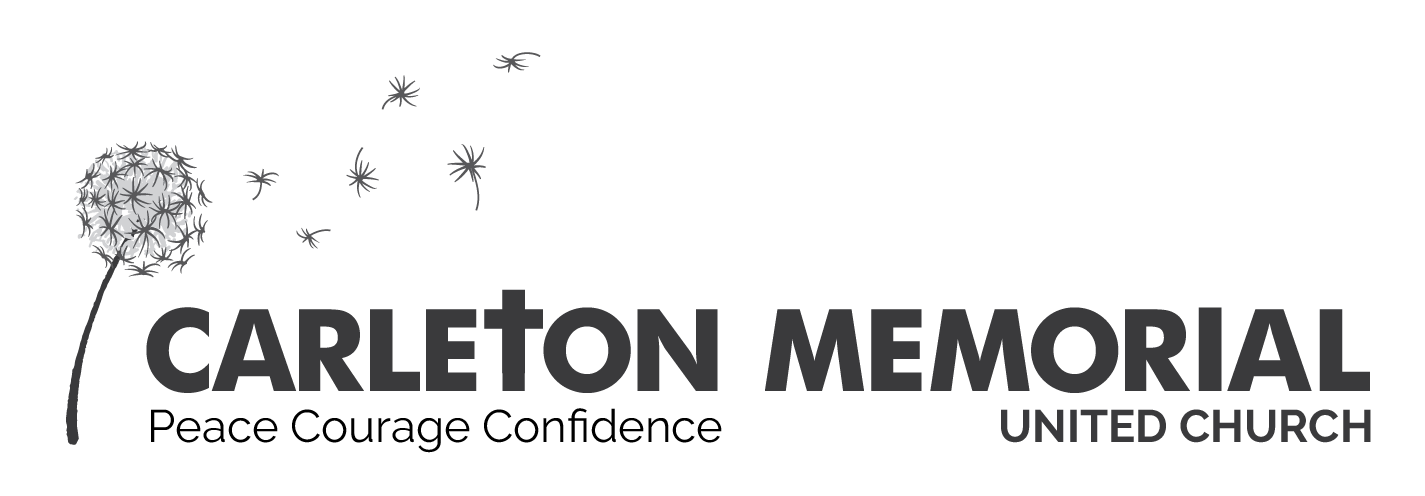
“That wasn’t as boring as I thought it was going to be.”
“Well then. I’ll take that as a compliment,” I said with an unconstrained grin.
That was the brief exchange I had with Xander, the 11 year old son of Susan Alexander Kumar, our most recent guest in the Learning-to-Stick-it-Out series we are holding for Lent. He came out to support his mother.
The series is about how faith intersects with life. What better way to explore that than to mix prayer, scripture, music (both Christian and secular) and real life stories about making choices?
“For someone coming into your church for the first time, I would think that they might find that a bit confusing. I don’t know that people would recognize it as church. It wasn’t what I was expecting.”
Those were Susan’s first comments to me at coffee time after the service. They seemed to come rather spontaneously and as soon as the words came out of her mouth, she had a look of concern on her face.
“Oh. Don’t take that as a criticism. I…enjoyed that,” she said with thoughtfulness in her voice.
“No criticism taken,” I said. “Your comment actually makes me think we’re on the right track. The challenge is what to call it because so much of our Christian language has been co-opted…”
She finished my sentence – “… by fundamentalism.”
“YES!”
I’m emphatic about this because I believe many churches could be so much more than they are if people could only get out of their own way. Fundamentalism takes on many forms, but always comes from the same root: A human need to control things. Fundamentalism has nothing to do with the Divine. Creation is too diverse and too vast.
If wellness is about MIND-BODY-BALANCE and WORK-LIFE-BALANCE, shouldn’t there be a KEEP-IT-ALL-IN-BALANCE place for us go to?
It is not an un-simple thing to be a clergy person these days. What sustains me is a vision that the church is vital to our well being. I do not think that is because the church is there to establish order in the world, but because faith is the way by which we learn to maintain balance in our lives. When church is good, we are molded into a people well equipped to assume the task of cooperating with creation and each other. Order, such that we need it, arises organically. For those of us called to be Christian, this is what it means to be sustained by God, led by Jesus, strengthened by the Holy Spirit.
Those from other faiths I have had discussions with have said similar things about the role of their own houses of worship. What unites us is our respect for the presence of the divine in our lives and the role of community in shaping that into something that is lasting and wholesome.
(There has never been a time in my life that I didn’t believe in God. But I wasn’t raised in church and for a time, I had a very negative view of it. Much to my surprise, I was led there. I consider myself to be a born-again progressive Christian. That might sound like an oxy-moron, but there it is. This leads me to believe that we all come to faith in a way and in a time that is particular to our personal relationship with God. The authenticity of that faith is not determined by whether or not we attend a house of worship. Attending a house of worship is an integral part of cultivating an ever more authentic faith. Churches that don’t respect that fall short, in my opinion.)
That vision of the church as vital to our well being has been like a shadow that changes shape as the sun moves from East to West but is always connected to the person. No matter what changing times have brought, the essence of that vision has never left me.
I have a dream that just won’t let go.
I have always thought that church is really a spiritual halfway house: A place that …
… Mixes the practices of prayer and singing (check the science,it’s good for you)
… Provokes intelligent reflection on your life and the world (It is true that there are vital teachings in the Bible. It is also true it has been used to abuse people. Quality messages pay heed to both these things).
… Nurtures a sense of courage and confidence that comes from being accepted and being useful (The good works of a church should cultivate in it’s volunteers ways to include people, not invent ways to exclude them, by celebrating diversity rather than demanding conformity).
You see, when Susan said that the church service was not what she was expecting, she seized on something that was intentional. I would say that the services for this series have been designed to be more of a “happening” than anything else – as in let’s share something meaningful and see what happens.
As we continued talking at coffee time, Susan and I, our conversations moved on to how there is something quite beautiful that happens when the different generations, different talents, different forms of expression mesh in faith. “There’s something really healthy in it” I said. To which she, herself a health professional, agreed. And then, inevitably, we returned to the stigma of that word, “church”. For certain, there are those who have been very damaged by the church, and so the word carries a lot of baggage.
We were left with an “open space” in our conversation: Just what would you call “church” if you didn’t call it “church”?
I really don’t know.
But maybe that’s a not such a bad thing. I must admit to having felt a certain safety in that openness. Others joined the conversation. There were smiles and there was an ease in our exchanges. Something felt really “right”. It was as if not knowing what to “call it” made it more real. not false – more present, not distant – more Godly, not less. Two days later, the experience remains present. And though my own challenges have not diminished, they feel more manageable. I am more confident that I will follow through on what I know I need to do this week. And I feel better prepared to accept the inevitable mixed results of those efforts.
And perhaps most importantly, I have renewed energy to work for a better world. In a word, I have a little more hope. If that isn’t a move towards balance, I don’t know what is.
There is no limit on the good the church can do except the limits we ourselves put on it. Human beings are foolhardy to believe that we can rely on ourselves alone just as they can be naive in thinking that simplistic beliefs in God are a cure all. We are not bottomless pits of energy or inspiration. We are finite beings in need of a maturing faith in an infinite God that can not be put in a box. That’s the nature of progressive faith.
And so with a progressive faith in God, we overcome the limitations of our finitude.
Maybe “open space” is something we’ll just have to sit with for a while so the Spirit can do it’s thing in our churches and in our lives. Maybe the most important thing is to worry less about what we call it and worry more about being authentic in wanting to lead healthy, balanced lives because of it.
What do you think?
Rev. Eric Lukacs
PS – To my brothers and sisters at Carleton Memorial United Church – let me say it again: How blessed I am to be embarking on this creative journey of faith with you… Trusting in God, lending Jesus our ears to hear, finding inspiration in the Holy Spirit that is in each of us.











Connect with Carleton Memorial